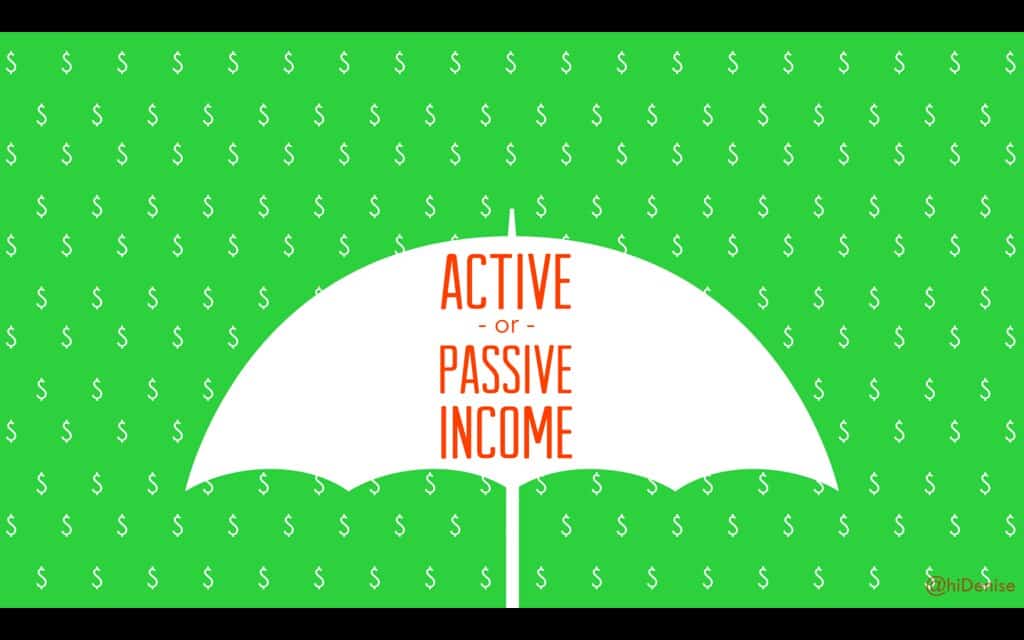 The number one objection from CPAs is that our business yacht management program is a passive activity and will not be deemed active participation. They contend that it can be very difficult for a boat owner to prove active participation in a boat business and qualify for small business and section 179 tax deductions. But it simply is not the case if you follow guidelines from the tax regulations which is what we help you understand how to do.
The number one objection from CPAs is that our business yacht management program is a passive activity and will not be deemed active participation. They contend that it can be very difficult for a boat owner to prove active participation in a boat business and qualify for small business and section 179 tax deductions. But it simply is not the case if you follow guidelines from the tax regulations which is what we help you understand how to do.
As an example to prove that yacht as a business is a valid model, we present the case of a couple who won in federal tax court on passive vs. active participation. Our boat business clients can be confident of the yacht ownership program model that Catamaran Guru.
Read on for details of this charter boat as a business case.
Roundup, 8/6/15: Tax Court sinks IRS passive loss attack on boat charter business.
It can be difficult to win a “passive loss” examination no matter what type of business it is. That’s why taxpayer victories are worth studying. A couple who chartered boats and who incurred losses overcame an IRS passive loss challenge yesterday in Tax Court. Can we learn anything from them?
The taxpayer husband, Mr. Kline, is an airline pilot who chartered boats and occasionally skippered charter excursions.They had a management agreement with a company called Horizon Charters, LTD. The Tax Court said, “Pursuant to the terms of the management agreement Horizon was responsible for marketing the boats, setting charter prices, booking charters, keeping records of all charters, collecting money due from customers, and cleaning and maintaining the boats.”
 The passive loss rules treat a loss as “passive” if the taxpayer fails to “materially participate” in the business generating the losses. Passive losses can only be deducted against passive income. Net passive losses are deferred until either there is passive income or the business is sold.
The passive loss rules treat a loss as “passive” if the taxpayer fails to “materially participate” in the business generating the losses. Passive losses can only be deducted against passive income. Net passive losses are deferred until either there is passive income or the business is sold.
The tax law determines losses are “passive” based on the amount of time spent on the activity by the taxpayers. For example, taxpayers who spend 500 hours on an activity are generally treated as non-passive. The taxpayers in the charter boat case argued that they met another test — (1) they spent at least 100 hours on the activity, and (2) they spent more time on the activity than anyone else.
While the taxpayers didn’t keep a daily time calendar or log, they were able to convince the court that they reached the 100-hour limit:
During the audit, the examination respondent’s agent asked petitioners to provide the number of hours they spent in connection with the charter activity. While they did not maintain a contemporaneous log of the time spent, Mr. Kline did maintain copies of email communications with Horizon. Using this correspondence and records of the length and destination of the Kline charters, petitioners were able to develop a log of the time they spent… Though petitioners did not contemporaneously record their time, we find the time entries they provided to be reasonable reconstructions of the hours that they spent in the charter business and consistent with the requirements of section 1.469-5T(f)(4), Temporary Income Tax Regs.
So emails showing regular involvement help. So does having a credible story to explain how you spent your time. But the IRS still had another challenge — they said that Horizon employees spent more time on the activity than the taxpayers, defeating the requirement that the taxpayers spend more time than anyone else. The Tax Court sided with the taxpayer:
However, on the basis of the invoices Horizon sent to petitioners regarding work done on the boats and the testimony of Horizon’s operations manager during the years at issue, we conclude petitioners spent more time in connection with the boats than any individual employed by Horizon.
What does this mean for you as a yacht business owner?
The moral? The taxpayers won without keeping a daily calendar because they were able to reconstruct their time based on other records, and because the Tax Court found them believable. While it would have been easier if they kept a log, failure to keep one isn’t fatal if you have other good ways to show the time you spent.
Cite: Kline, T.C. Memo 2015-144.
Consult With Catamaran Guru on Section 179 Eligibility
If you have any questions or concerns about your yacht charter activities complying with IRS regulations or would like to learn how we can make your yachting ventures more profitable, please contact us for a confidential assessment and review.
Related Articles
FAQ’s About Yacht As A Business Ownership and Tax Advantages
How to Set Up Your Yacht Business
Compliance Issues For Legitimate Yacht Charter Businesses
Contact Us For A Business Consultation
* Disclaimer: This information is general in nature and purchasers are encouraged to seek experienced legal counsel in yacht acquisition planning and implementation. Catamaran Guru is not a licensed Tax Attorney or CPA and is not qualified to give legal advice but we can put you in touch with experts who are.





